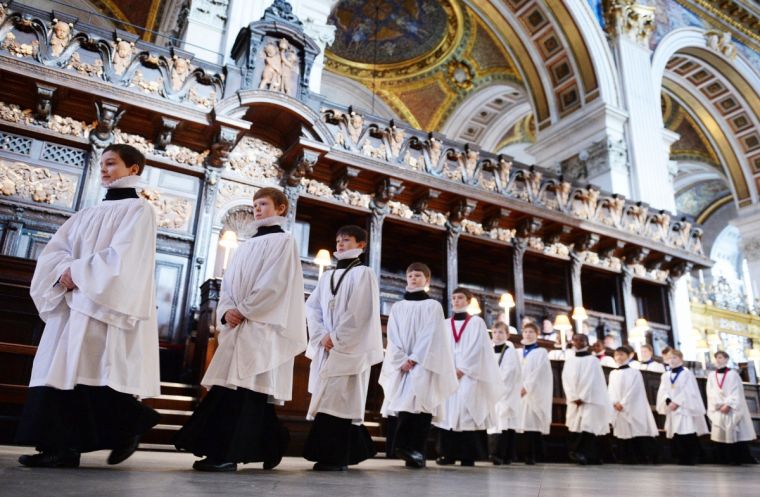Philosophers wonder whether secularists can offer better alternative to Christian Britain

Eight leading British philosophers have written an open letter suggesting that atheists should be more accepting of Britain's status as a Christian country.
It comes in response to a letter from over 50 secularists published in The Telegraph criticising the Prime Minister's recent assertion that Britain should be "confident about our status as a Christian country".
The secularists, who included author Philip Pullman, comedian Tim Minchin and historian Dan Snow, said David Cameron's calls for Christians to be more "evangelical" was fostering social "alienation" and "sectarian" divisions.
The letter from the philosophers, including Professor John Haldane of St Andrew's University, Professor Brenda Almond of the University of Hull, and Professor Nigel Biggar of Oxford, refutes this claim and states that Britain is in fact a Christian country.
Moreover, they argue that Britain's Christian heritage has actively fostered its "liberal" values.
In their view, "Christian humanism" has become a "public orthodoxy" in Britain and far from creating sectarian division, they say that the Anglican establishment is "liberal, imposing no civil penalties on non-Anglicans, which is why so many non-Anglican Christians and non-Christian believers support it".
"It is understandable that convinced atheists will find this situation irritating," they add.
They go on to ask that secularists "exercise liberal tolerance" towards religion, because a "public orthodoxy of some kind is inevitable, and some citizens are bound to find themselves on the wrong side of it".
They take the view that if secularists want to change things, the freedom provided for them by Britain's Christian legal tradition means they have the opportunity to do so.
"It remains open to them, of course, to persuade their fellow citizens that there is a better alternative," the letter reads.
"Christian humanism as a public orthodoxy... continues to inform a good many of our laws, institutions and public rituals."
The British Humanist Association, which was among the signatories of the secularist letter, suggested the letter from the philosophers has missed their point.
Andrew Copson, chief executive of the BHA, said in The Telegraph: "That letter made it clear that we respect the right of people to their religious beliefs but that in a very diverse society like today's we need to build an inclusive national identity not a narrow one.
"To try and make this instead a war of words about religion as such is a distraction."
Deputy Prime Minister Nick Clegg has been quoted by The Telegraph as saying it is "flamingly obvious" that Britain is "underpinned, informed, infused by Christian values".
"We are also a very tolerant nation, in fact one of the great Christian values is tolerance, respect for other people, other nations, other faiths, other views so I think our Christian heritage sits very comfortably alongside our plurality, our tolerance as a people," he said.
However in an LBC phone-in, he expressed support for the disestablishment of the Church of England in the long term.
"Having the State and the Church basically bound up with each other, as we do in this country, I think in the long run it would actually be better... if the Church and State were over time to stand on their own two separate feet," he said.











